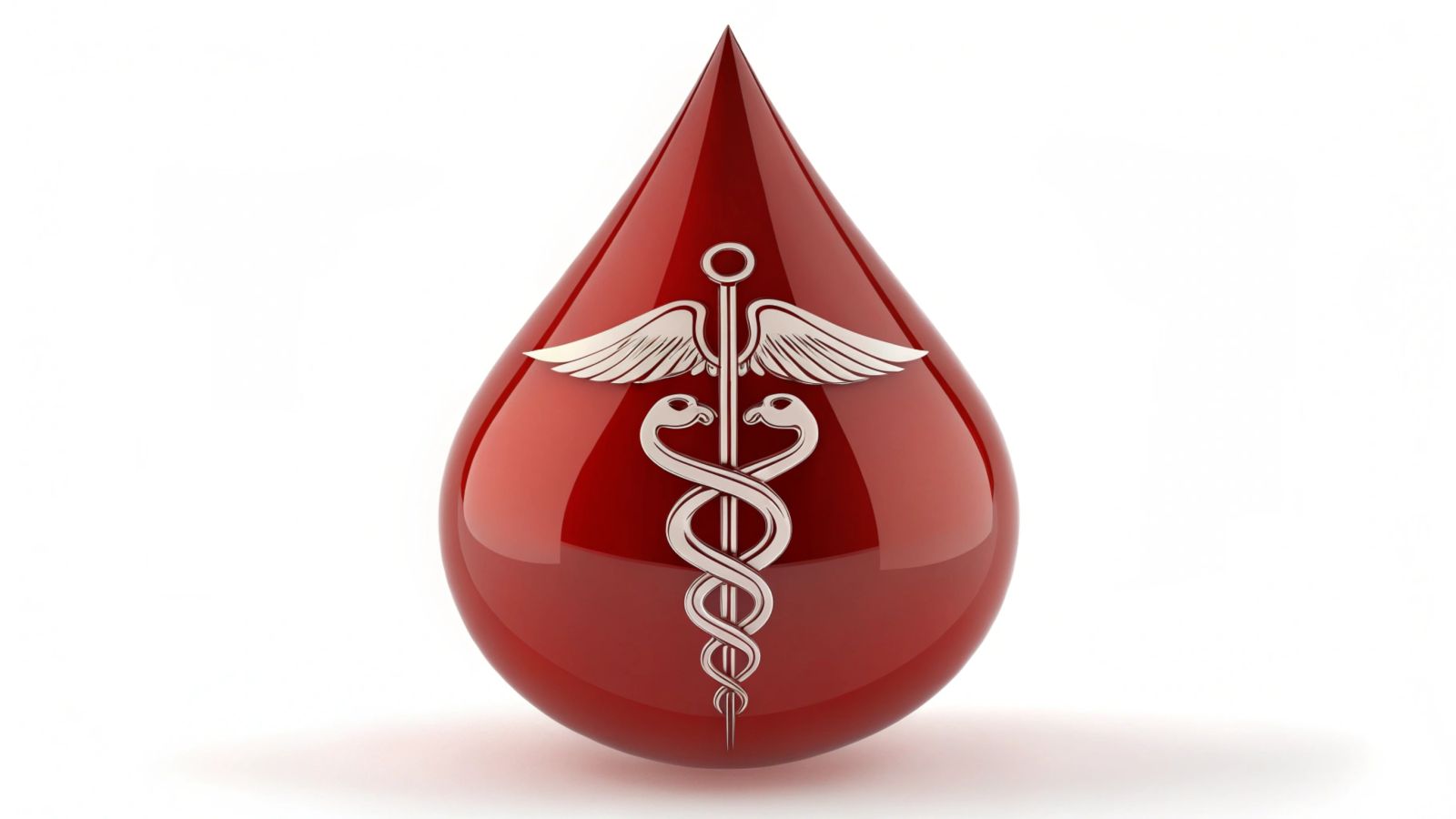Follow us on Google News (click on ☆)

The Shield test, developed by Guardant Health, has now been approved by the FDA in July 2024. It detects DNA fragments released into the blood by cancerous or precancerous cells. This test represents a major breakthrough in cancer screening, offering a less invasive alternative to traditional methods.
Despite its advantages, Shield does not replace traditional screening methods like colonoscopy, which remains more accurate. However, it could increase the number of people screened, especially those who avoid invasive methods. The test is recommended every three years, but studies are ongoing to evaluate its effectiveness at shorter intervals.
Pancreatic cancer could also benefit from similar blood tests. A team led by Ajay Goel has developed a test detecting specific cancer molecules, microRNAs, with an impressive detection rate for early stages. This test, combined with the detection of the CA-19 protein, could revolutionize the screening of this often late-diagnosed cancer.
Multi-cancer detection tests (MCD) represent another promising advancement. They aim to detect several types of cancer simultaneously, offering a less invasive approach. However, these tests are still under development and their effectiveness remains to be proven. Experts emphasize the importance of continuing research to optimize their use and reduce false positives.

John Gormly underwent a blood test and learned he likely had colon cancer. After follow-up diagnostic tests and relatively simple surgery to remove the cancer, he is now in remission.
Credit: Guardant Health
Four years after his diagnosis, John Gormly is in remission. His experience highlights the importance of early screening and the hope that these new blood tests offer in the fight against cancer.
How does the Shield test work for colon cancer?
The Shield test detects DNA fragments released into the blood by cancerous or precancerous colon cells. These fragments, along with specific chemical modifications on the DNA, allow for the identification of cancer at an early stage.
This test is particularly useful for people who avoid traditional screening methods, like colonoscopy, due to their invasive nature. Shield offers a less burdensome alternative, although it does not entirely replace existing methods.
The effectiveness of Shield was demonstrated in a study published in The New England Journal of Medicine, where it detected 83% of colon cancer cases confirmed by colonoscopy. However, its 10% false positive rate means it may require follow-up tests to confirm a diagnosis.
What is the impact of blood tests on pancreatic cancer screening?
Pancreatic cancer is often diagnosed at an advanced stage, which significantly reduces survival chances. Blood tests developed by researchers like Ajay Goel aim to change this by detecting specific molecules, microRNAs, associated with pancreatic cancer.
These tests, combined with the detection of the CA-19 protein, have shown the ability to identify up to 97% of pancreatic cancer cases at an early stage. This represents a significant advancement in the fight against this deadly disease.
The goal is to make these tests accessible during annual physical exams, offering a simple and effective screening method. For high-risk individuals, more frequent tests could be recommended, thereby increasing the chances of early detection and successful treatment.